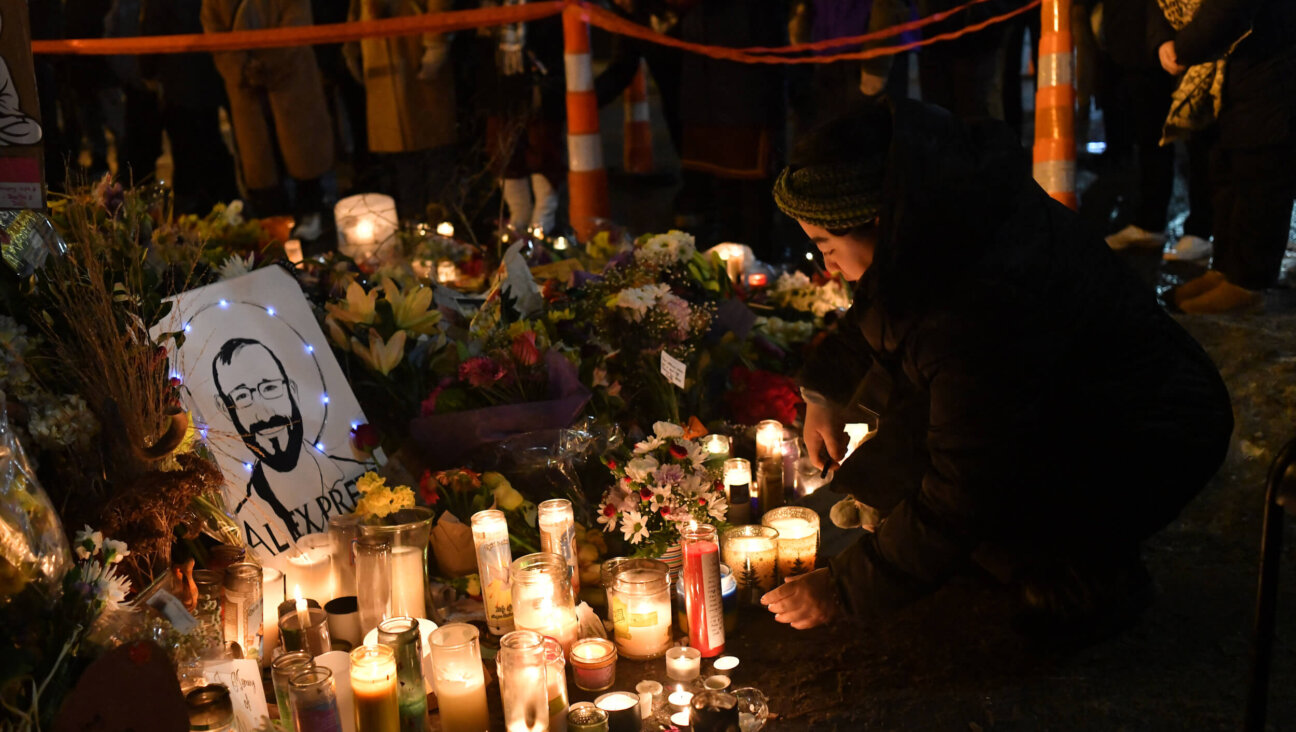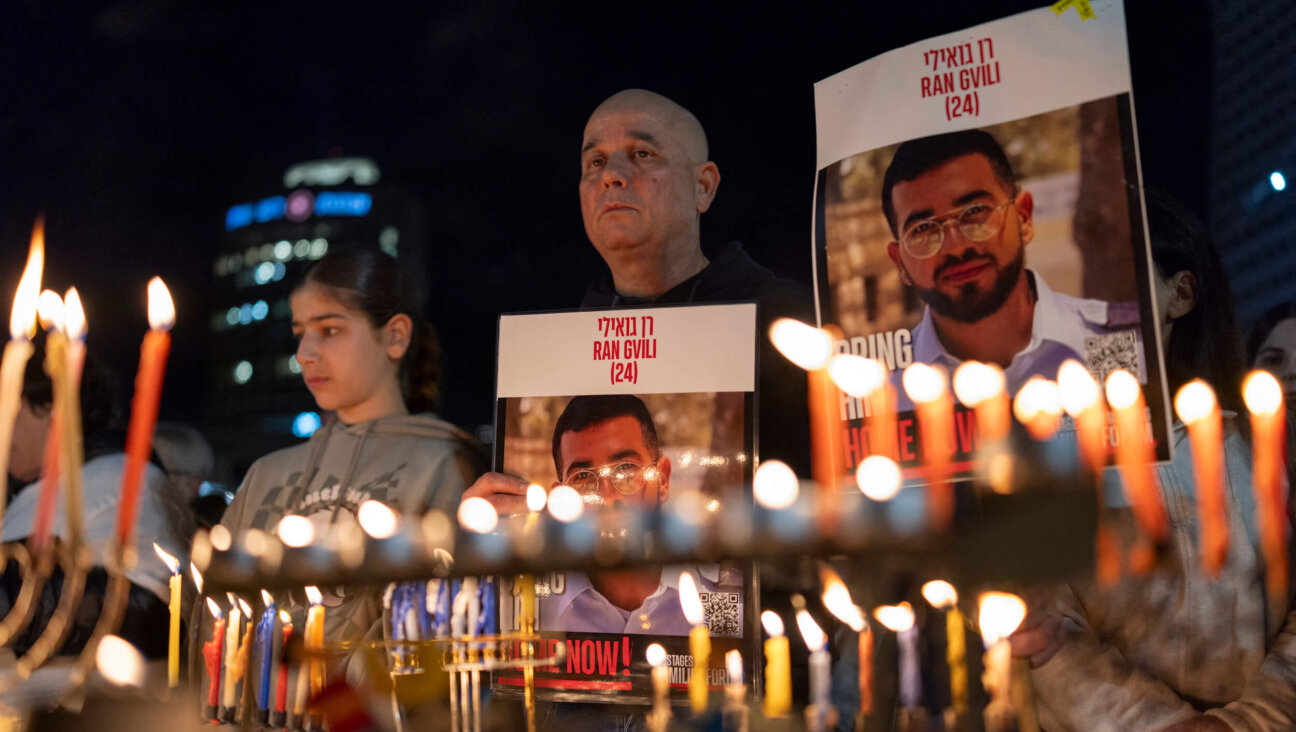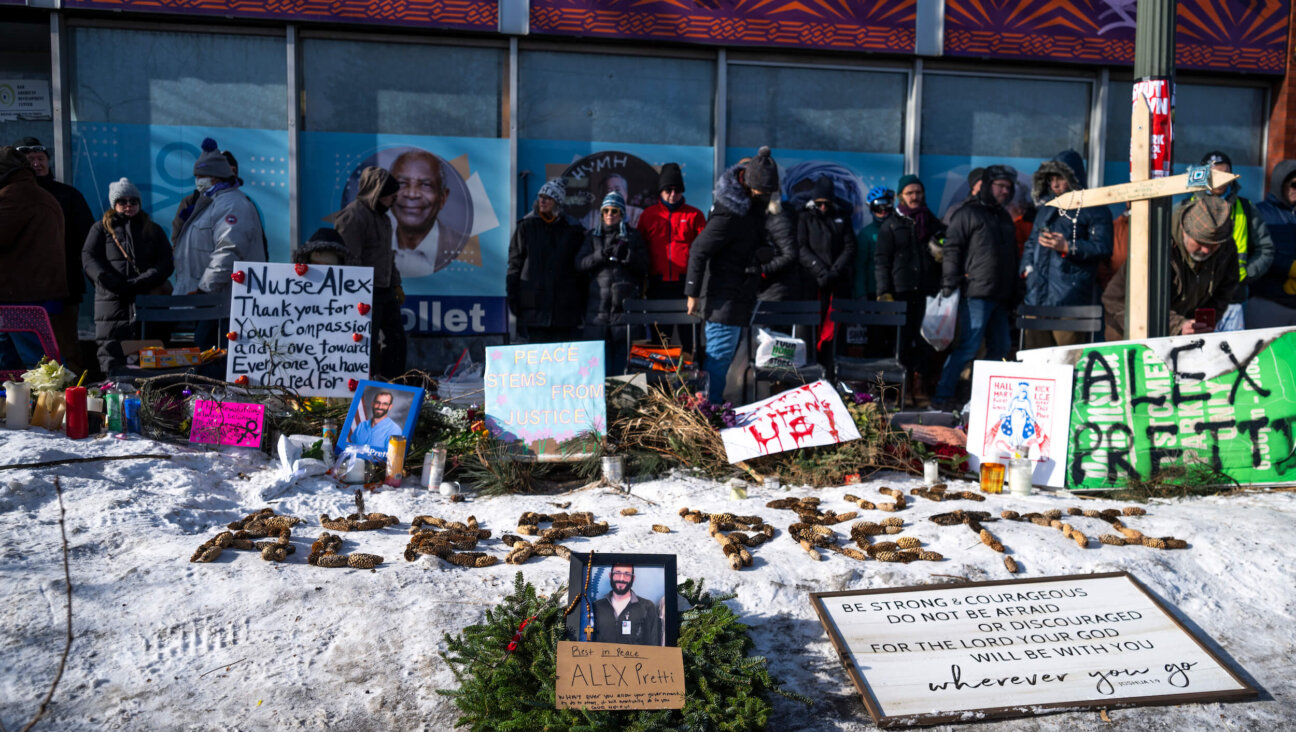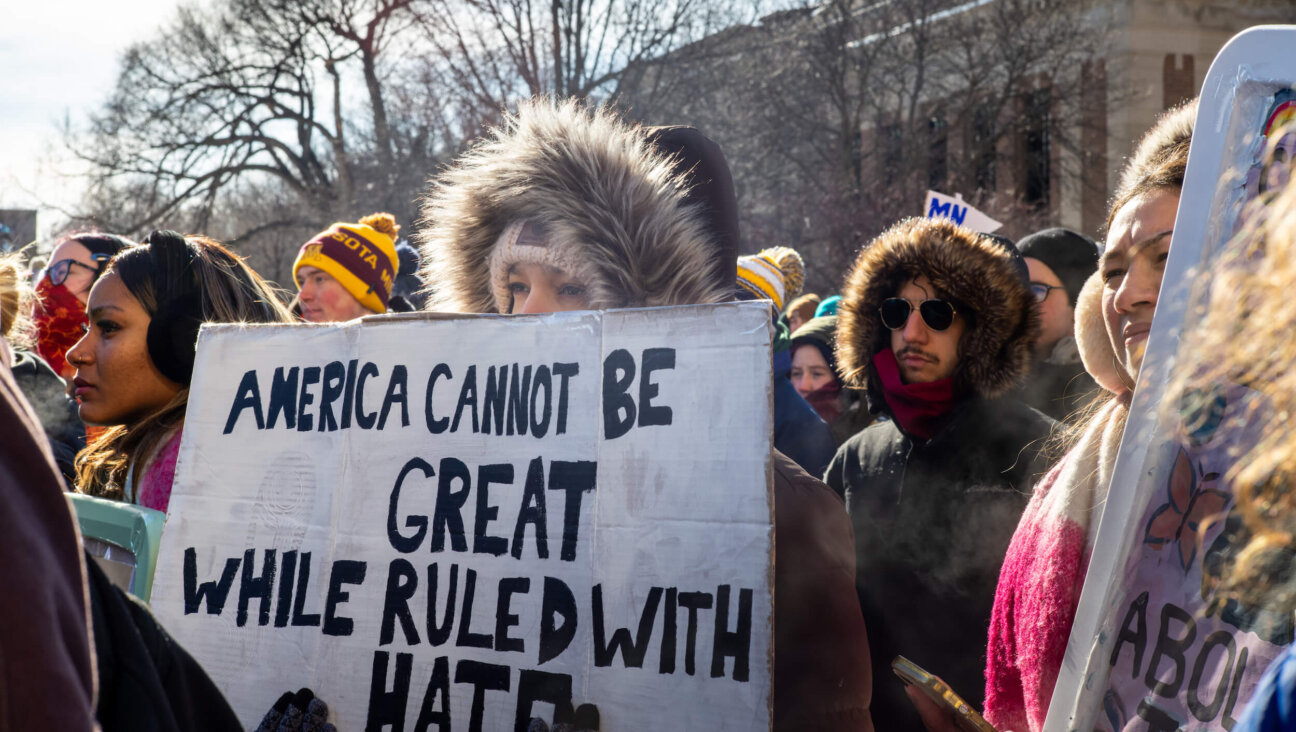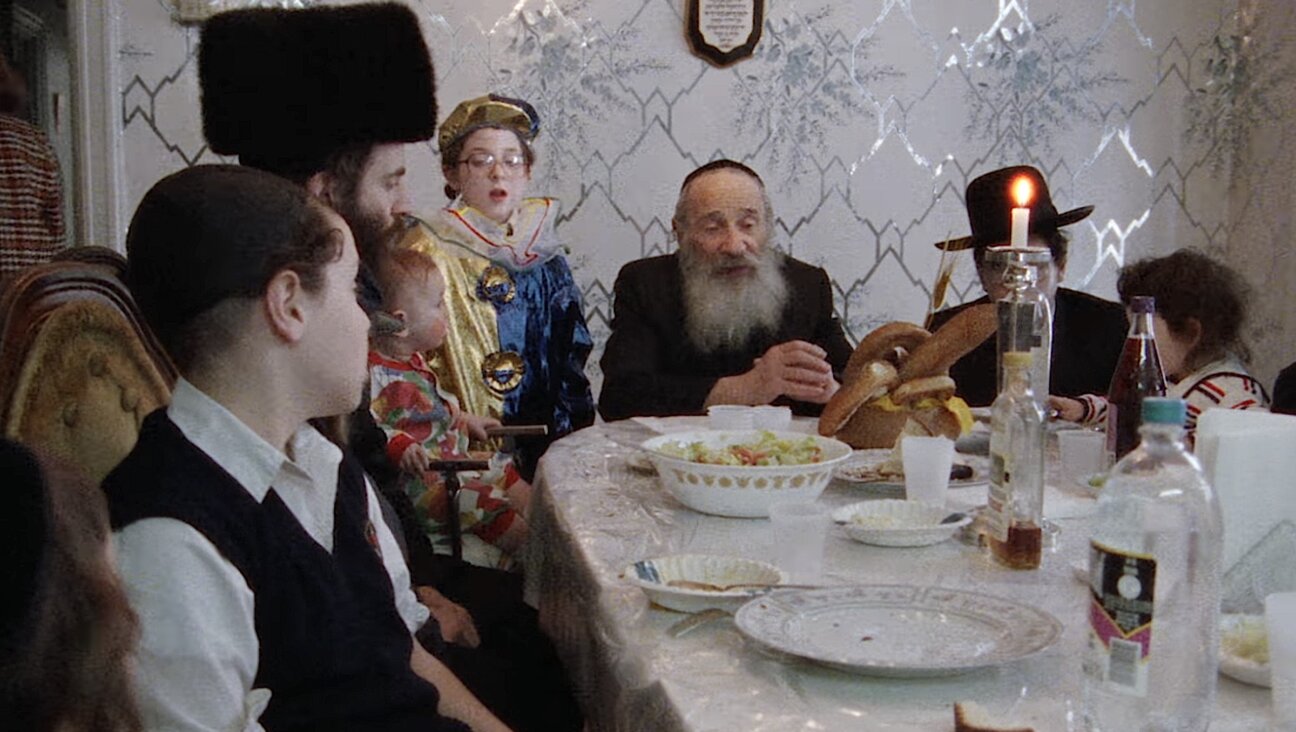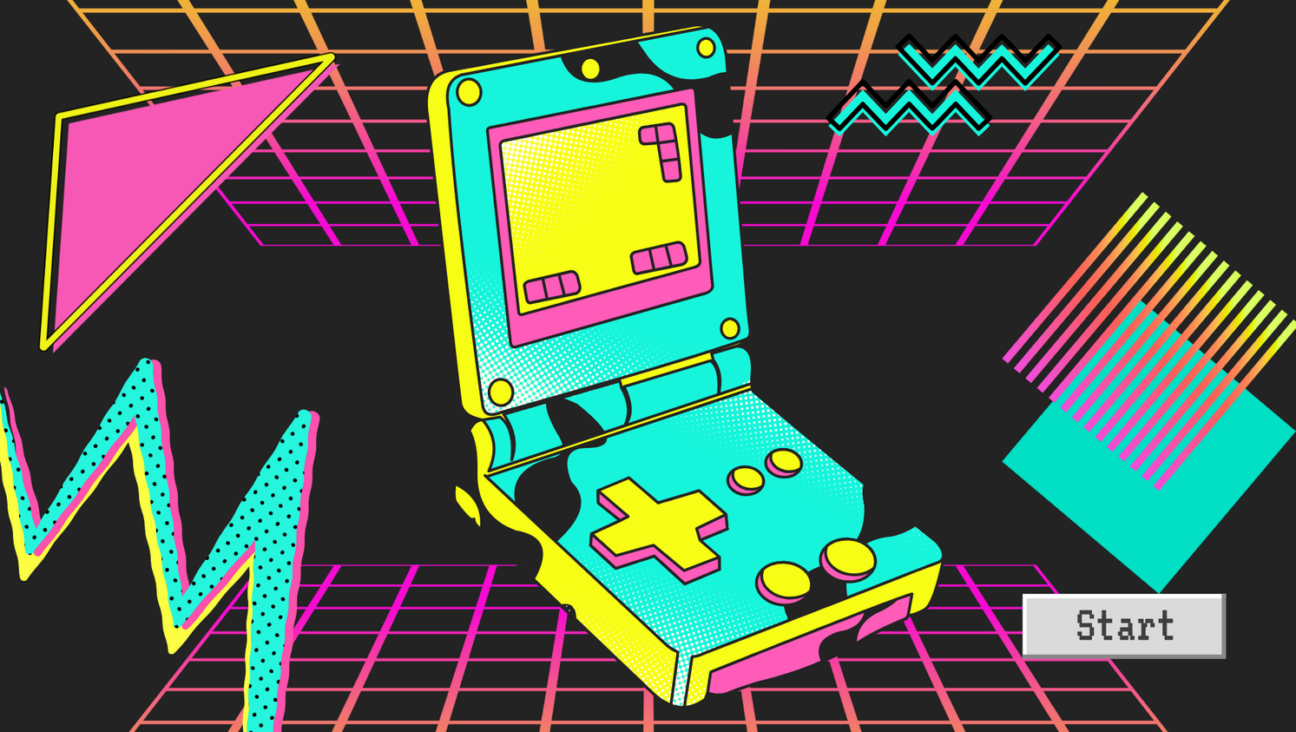An Israeli airstrike just destroyed my family home in Gaza. I refuse to be consumed by hate and revenge
Two peoples with past traumas and an intertwined fate: Why coexistence, justice and peace are the only way forward
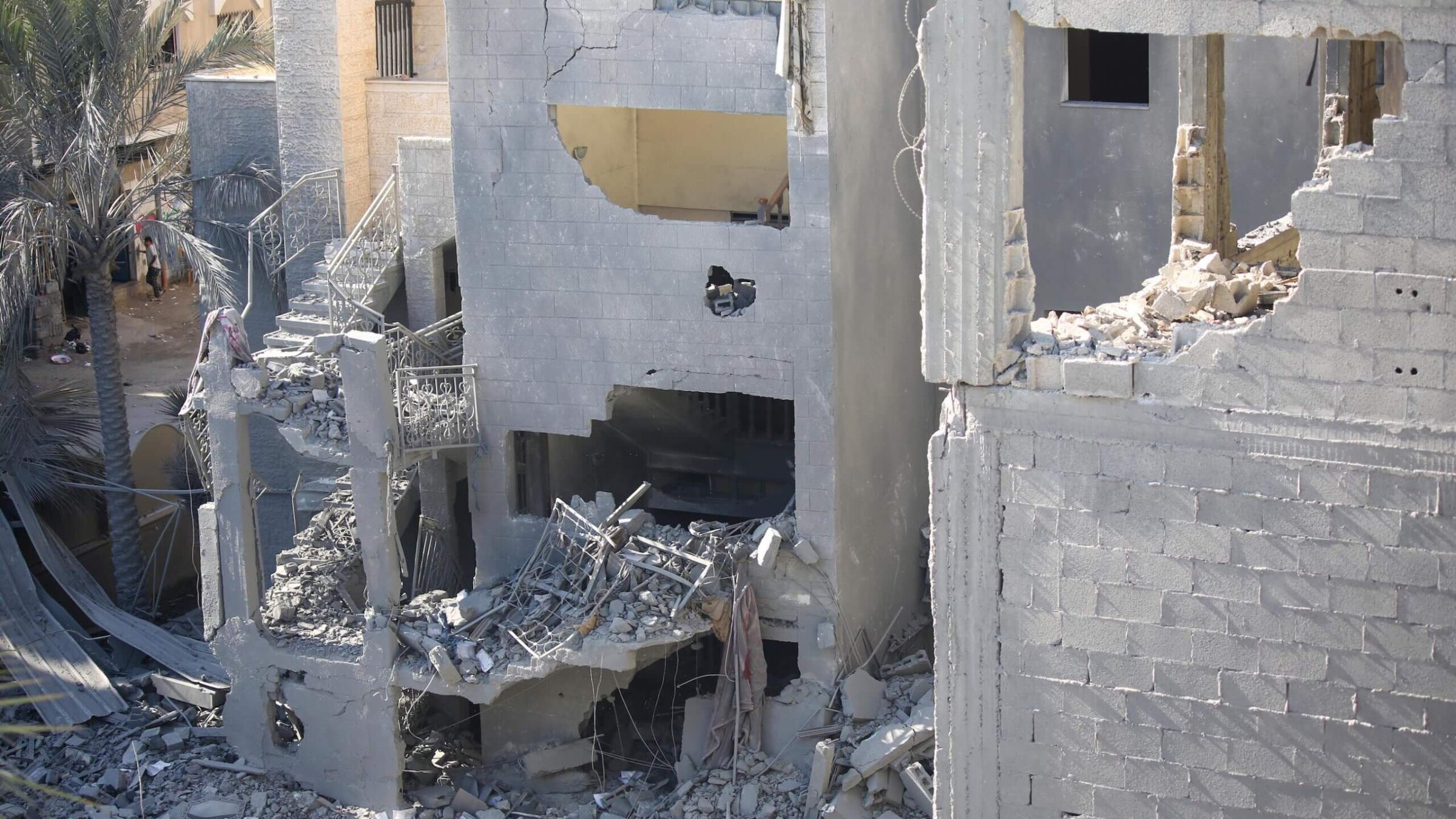
Buildings destroyed during Israeli air raids in the southern Gaza Strip. Ahmed Fouad Alkhatib’s family did not receive warning before an airstrike hit their home last week. Photo by Ahmad Hasaballah/Getty Images
Without warning, an Israeli air strike destroyed the five-story house in central Gaza City where I grew up last Friday.
Almost 30 immediate and extended family members were inside.
In the past, Israeli “roof knocks” — small drone missiles that cause limited physical damage — would give building occupants some lead time to abandon their homes, usually three to five minutes, before a much larger air strike hit. In prior conflicts, the Israeli military also routinely sent warning texts and phone calls to residents of homes that were about to be bombed.
Not this time. Not my family, at least.
My cousin’s 13-year-old daughter Farah was killed. Her twin sister, Marah, survived but is in critical condition. Both had superstar status in the building. Their cheerful, joyous, and outgoing personalities made them easy to love and be around.
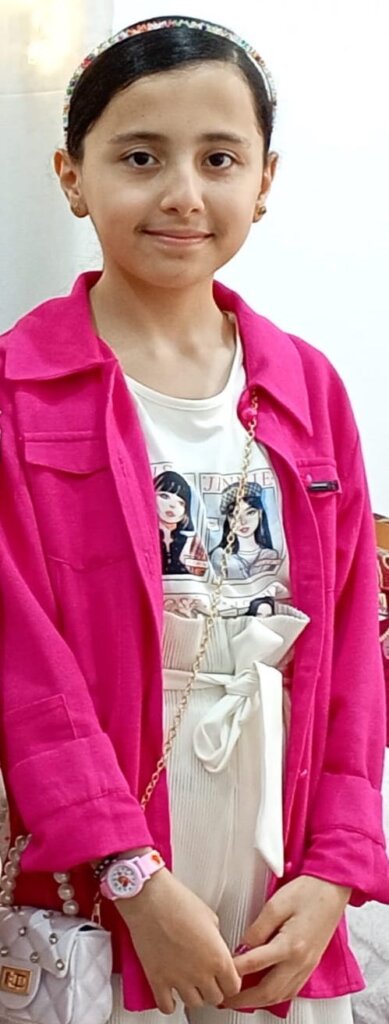
But miraculously, most in the building survived the strike, albeit all with injuries, some life-threatening. My oldest brother, his wife and their four children managed to push their way out of the rubble. Others were pulled out by neighbors and rescuers.
This tragedy, and the horrific Oct. 7 attack against Israel, are a new chapter in an ongoing cycle of violence and revenge that has destroyed and diminished the lives of so many Palestinians and Jews, who are victims of entrenched narratives and intransigent beliefs that dismiss each other’s humanity.
I am one of the lucky ones. I was able to leave Gaza in 2005, and receive political asylum in the U.S. due to Hamas’ control of the strip, and the risks to my safety after my participation in an American exchange program funded by the State Department. But my life, too, has been irreparably damaged by this brutal conflict.
By the loss of loved ones like Farah, who I never even met, because I have not been back to Gaza since I left 18 years ago. By the loss of hearing in my left ear in 2001, when I was 11, in a bombing that killed two of my friends. By the loss of any sense of a homeland or place I truly belong. My grandparents were expelled from their cities in Ramla and Hamama in 1948 when Israel was established; they were forced to relocate to Gaza as refugees, living in appalling tents and experiencing subsequent Arab-Israeli wars.
What is different now is the scale.
Thousands of homes, like my family’s, are being destroyed. Entire families killed. The horror of the blast at the Ahli Baptist Hospital in Gaza, which reportedly resulted in hundreds of deaths, has shocked the world. Whether it was an Israeli strike — Israel has in the past hit U.N. schools and medical facilities — or the result of faulty militant rockets, which also have fallen inside Gaza and caused loss of life and property damage, the outcome is the same: more deaths that further aggravate the conflict and fuel a vicious cycle of incitement, violence and vengeance.
But now, even as the scale of destruction and loss of life in this conflict reaches previously unknown extremes, I believe more than ever that the causes of Jews and Palestinians who believe that they have the right to self-determination and safety are, in fact, one and the same.
I see this truth in my own story. I left Gaza when I was 15, just a month before Israel evacuated its last settlements from the strip. Now, at 33 and a citizen of the U.S., I have experienced the conflict from outside the binary positions that Israelis and Palestinians often promulgate.
Yes, my family has suffered deeply. But many of my strongest and most sincere allies have been American Jews and Israelis. I have found in those connections a powerful example of how personal relationships can defy deeply rooted ideological conflicts — and pave the way for a better future.
Through a twist of fate, my asylum interview took place on June 14, 2007, the same day that Hamas took over Gaza after a bloody battle with its political rival, initiating what would be a disaster for Palestinians and Israelis alike. In 2015, I created a nonprofit organization to advocate for an internationally controlled humanitarian airport in Gaza that would allow for the movement of people and cargo while guaranteeing Israel’s legitimate security needs.
That effort was ultimately unsuccessful, but the work introduced me to Israeli and American Jews who helped me see that our common denominator is a shared history of persecution and oppression. At the same time, I met Palestinians in Gaza who felt held hostage by Hamas’ “resistance” project, which they knew would prevent any long-term stability and peace. Many told of being beaten or jailed whenever they spoke against their Islamist rulers.
I came to understand that while Palestinians are not responsible for the long history of Jewish oppression, it is important to recognize that inflammatory rhetoric and violence are significant triggers for those historical traumas. By learning about Jewish history, I began to understand why Israel and Zionism mean so much to so many — an understanding that helped me see a way forward for Jews and Palestinians in solidarity. I began to see many shared traits, goals and aspirations among Jews and Palestinians: empathy, love, compassion, a profound interest in human rights.
The potential for a shared effort toward a better future has been profoundly imperiled since Hamas militants murdered more than 1,300 Israelis, mostly civilians, and captured some 200 hostages two weeks ago.
Everyone in Gaza instantly knew what was coming: Civilian casualties from Israel’s inevitable counterstrikes would be enormous. Hamas keeps most of its militant infrastructure underground — its members and commanders hide below the surface while civilians endure the horrors of aerial, naval and ground bombardment. Even before my family suffered the awful impacts of Israel’s military reaction, I was terrified by what the fallout from the Hamas attack would mean for my people.
I was also deeply troubled by responses to the attack by otherwise well-intentioned people who focused on Palestinians’ contemporary and historical suffering and, in so doing, put themselves in the untenable position of being seen as justifying unjustifiable violence toward innocent civilians in Israel.
The current crisis unequivocally demonstrates how intertwined Jewish and Palestinian aims are. But we can only pursue those aims if we don’t lose sight of one another’s deep humanity. Security and stability cannot be permanently obtained through military might alone. Terrorism will never advance the Palestinian cause or reverse the blockade, settlement activity, and the plight of refugees. Both sides’ long-term interests can only be achieved if they recognize the legitimacy of the other’s.
I am terrified that Gaza as we know it will cease to exist in the coming weeks. Israel has cut off power, food, water and critical supplies that sustain over 2 million people. The military demands that Gaza residents head south toward Egypt, which has consistently opposed allowing Palestinians through its borders and has kept its crossing shuttered throughout these horrible days.
I also worry that Israel’s response will make Jews less safe, as extremists worldwide have already shown eagerness to dehumanize them in the wake of the Hamas attack.
With all my might, I hope that Israelis, other Jews and all those affected by Hamas’ horrible crime will exercise restraint and not lose sight of the humanity of Gaza’s innocent civilian population, which is paying the price for circumstances and events over which they have no control. The prosperity and well-being of Palestinians requires peaceful and robust relations with Israel, just as Israelis’ lasting security and stability necessitates having a Palestinian state that fulfills Palestinians’ aspiration to self-determination, and normalizes relations with the Arab world.
